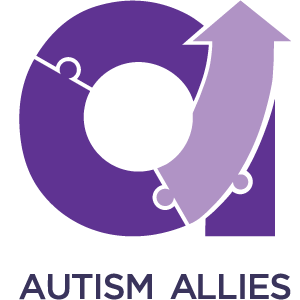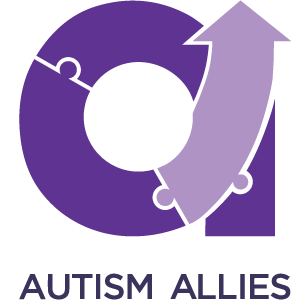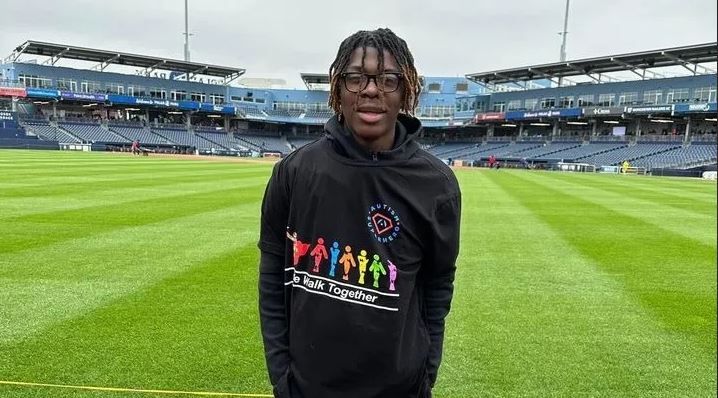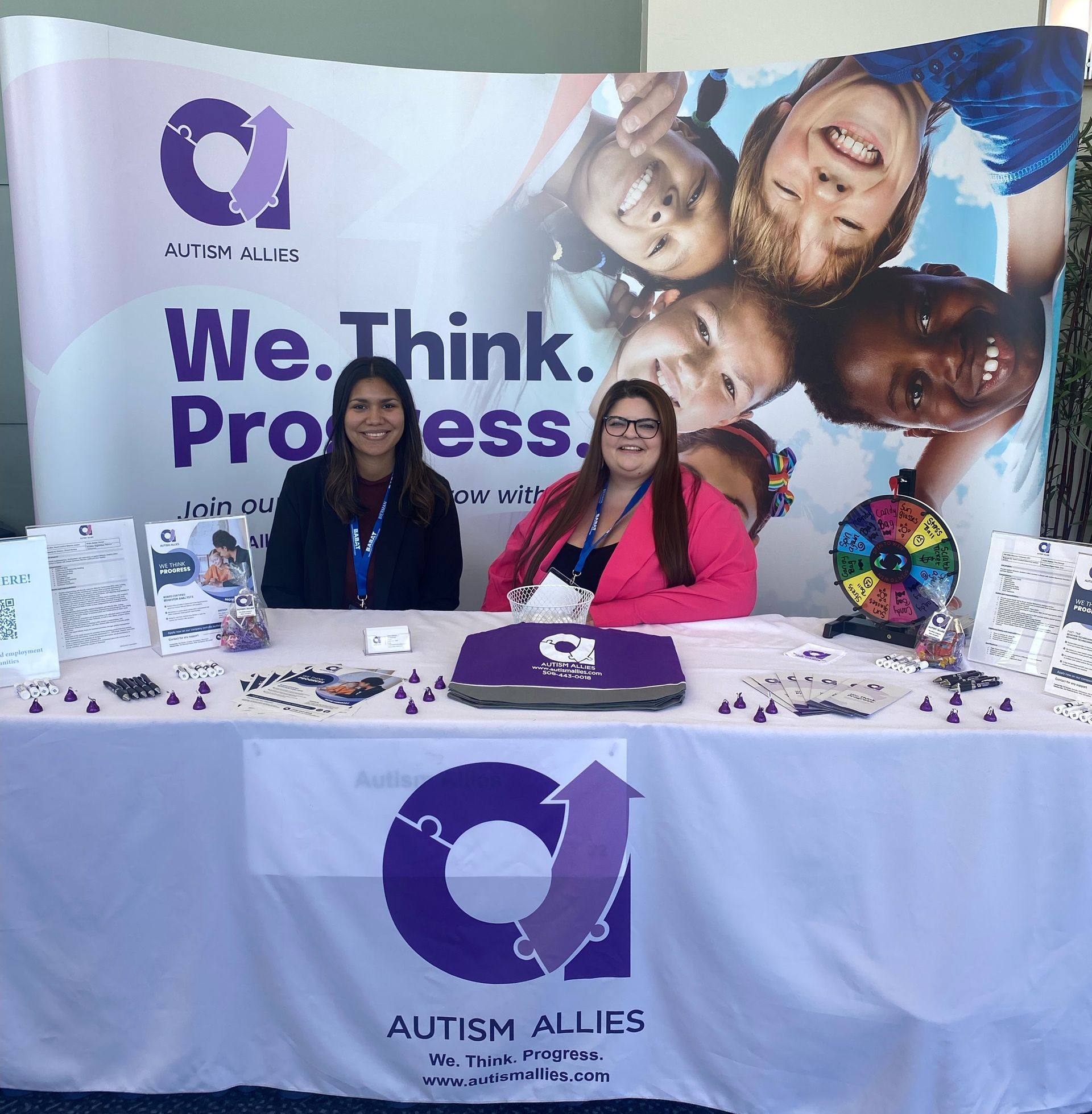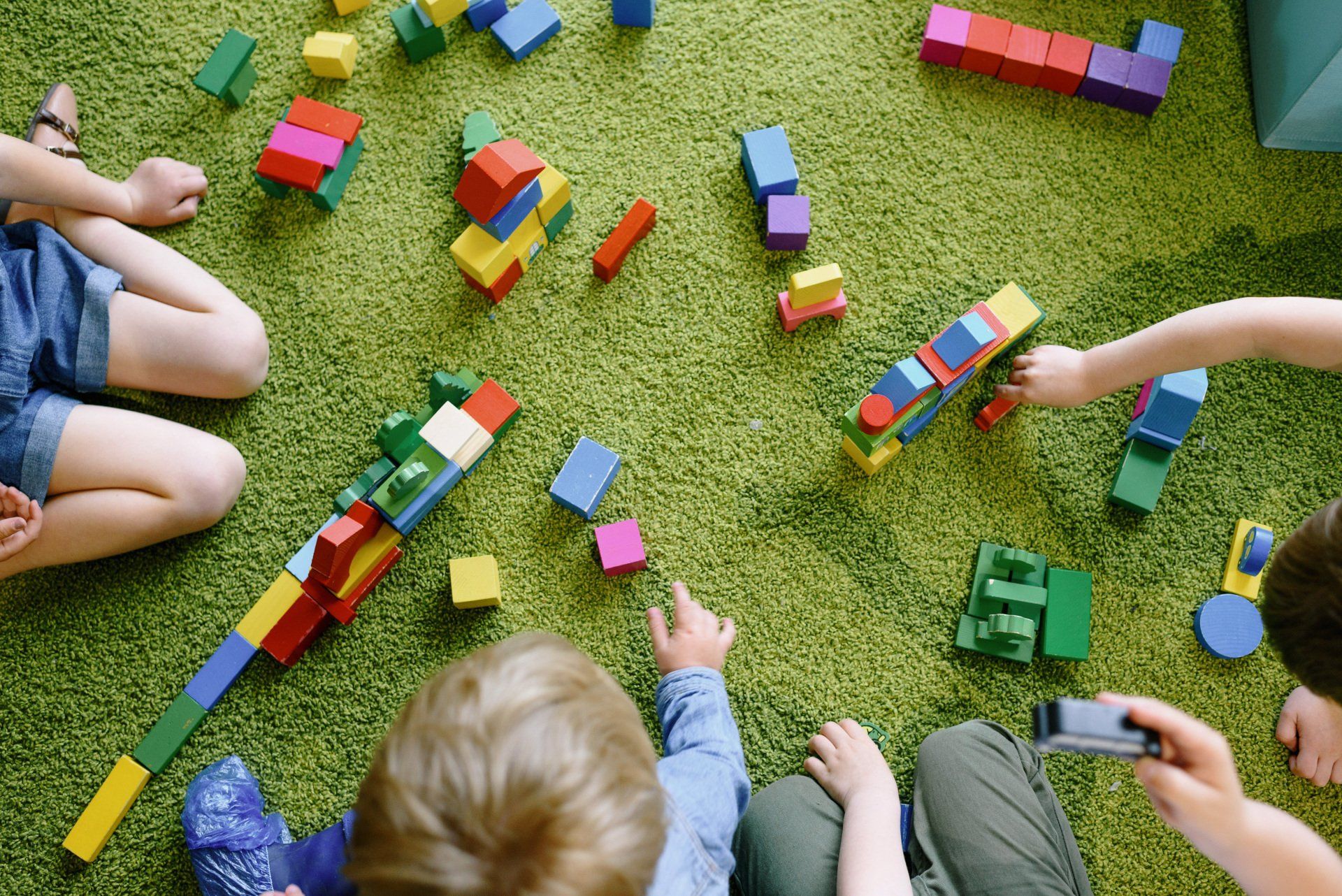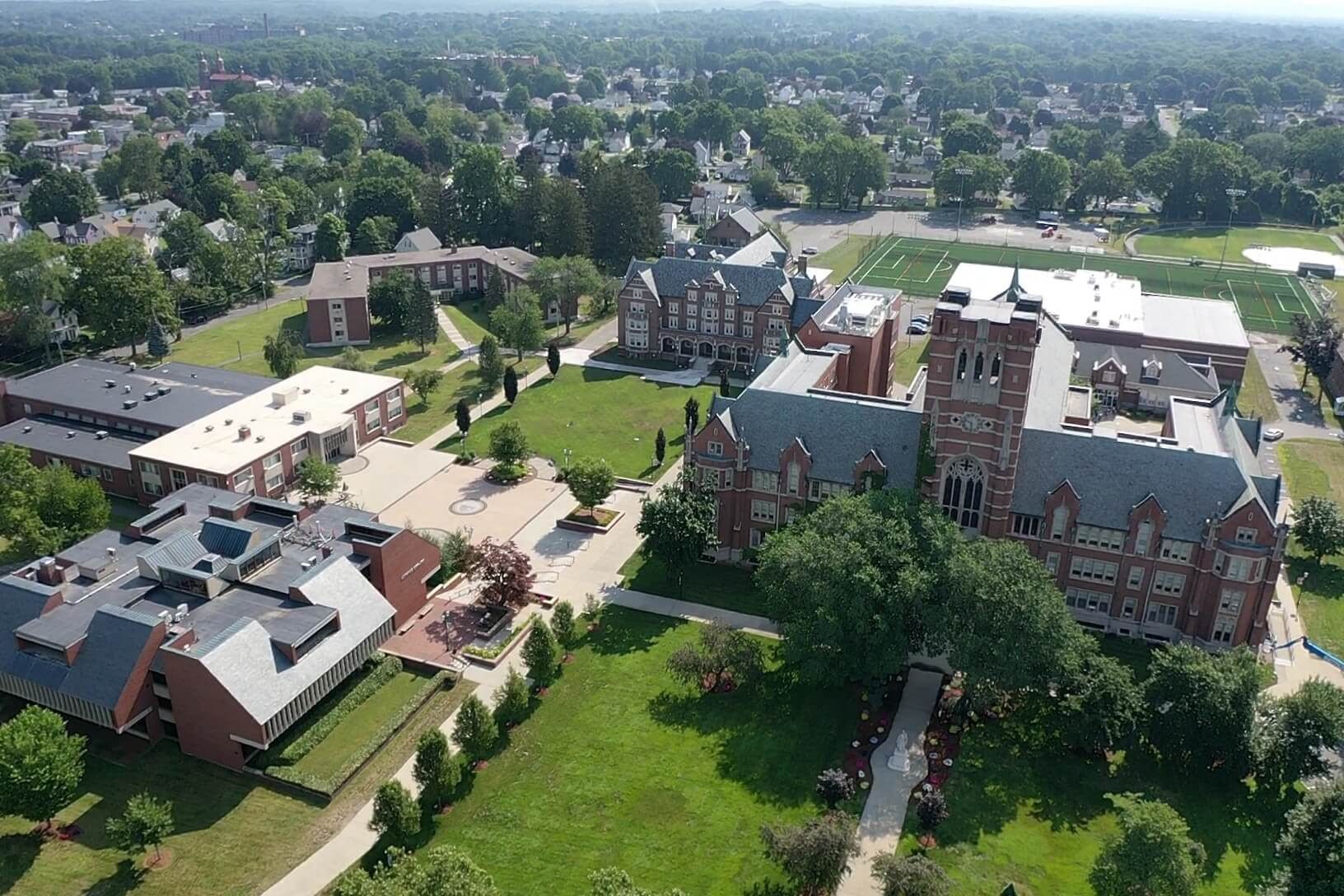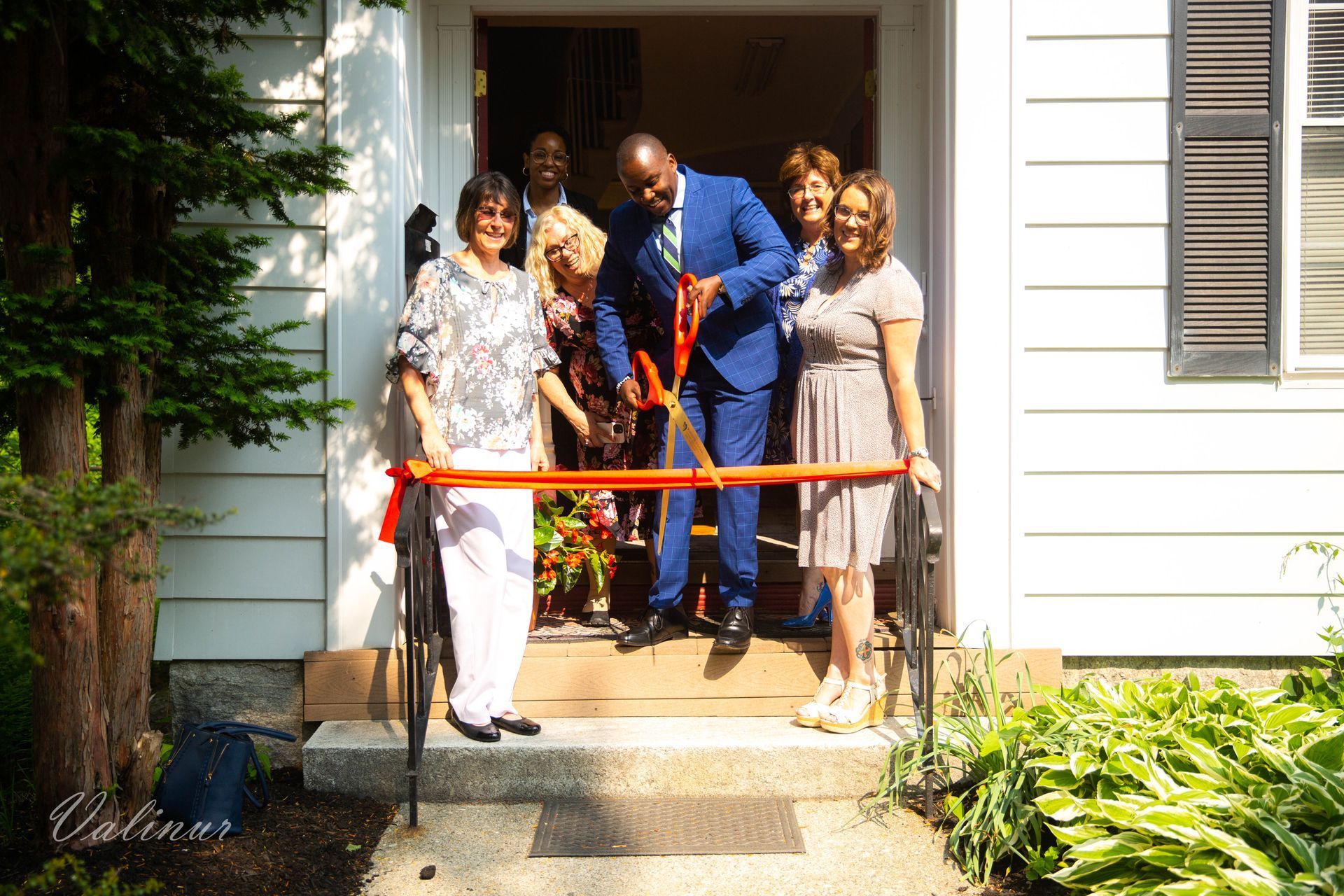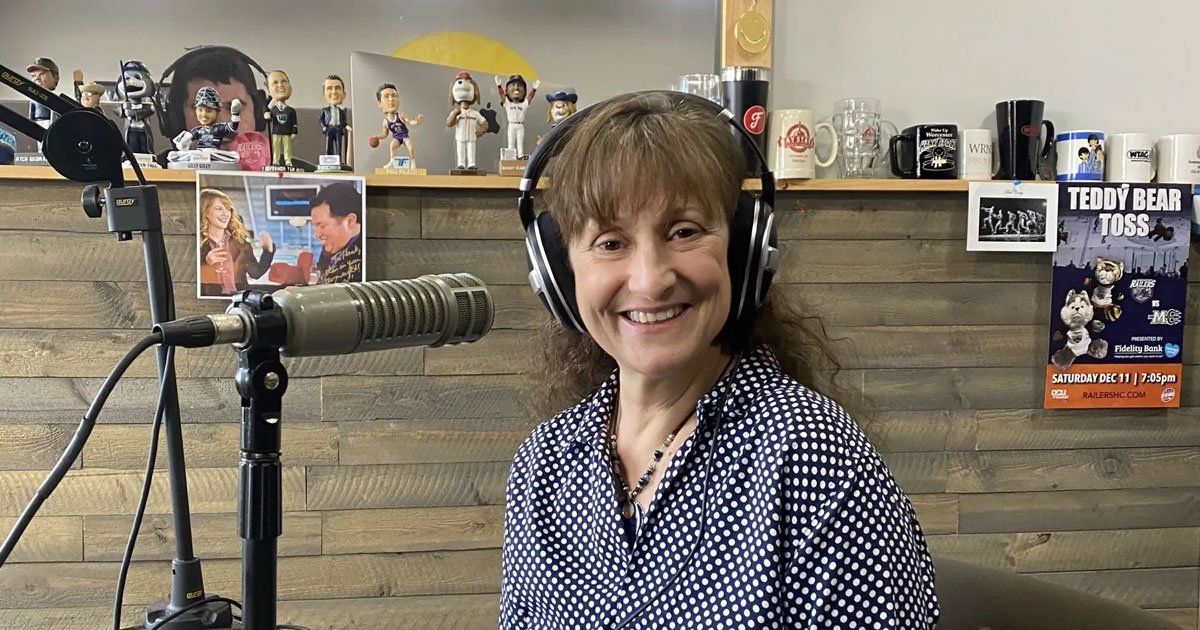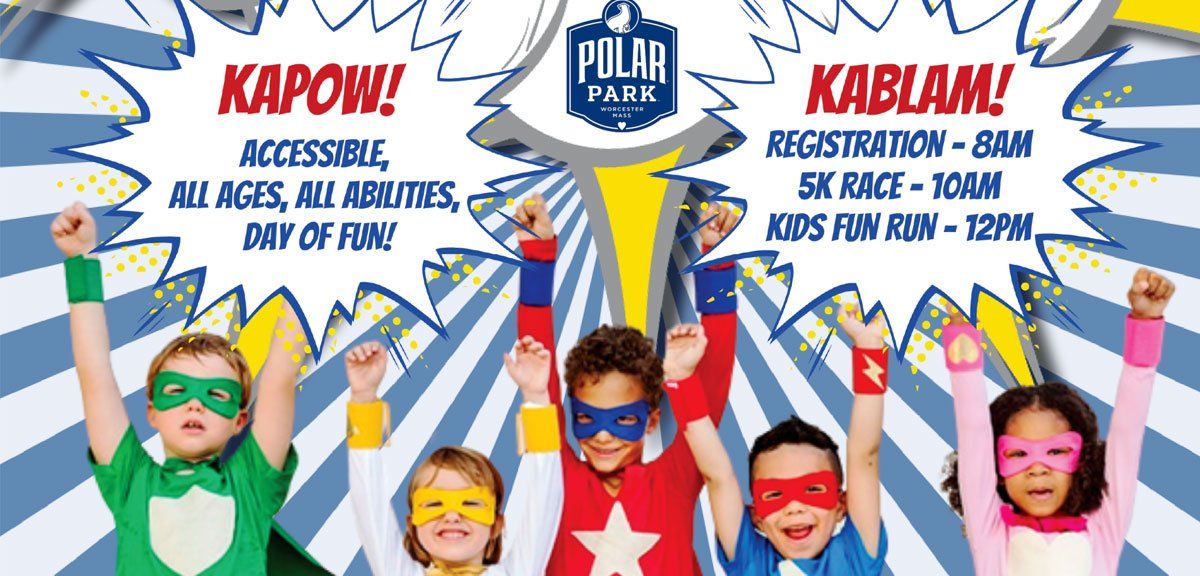New research suggests the traditional art of Kodokan Judo improved behavior and social skills in children with ASD.
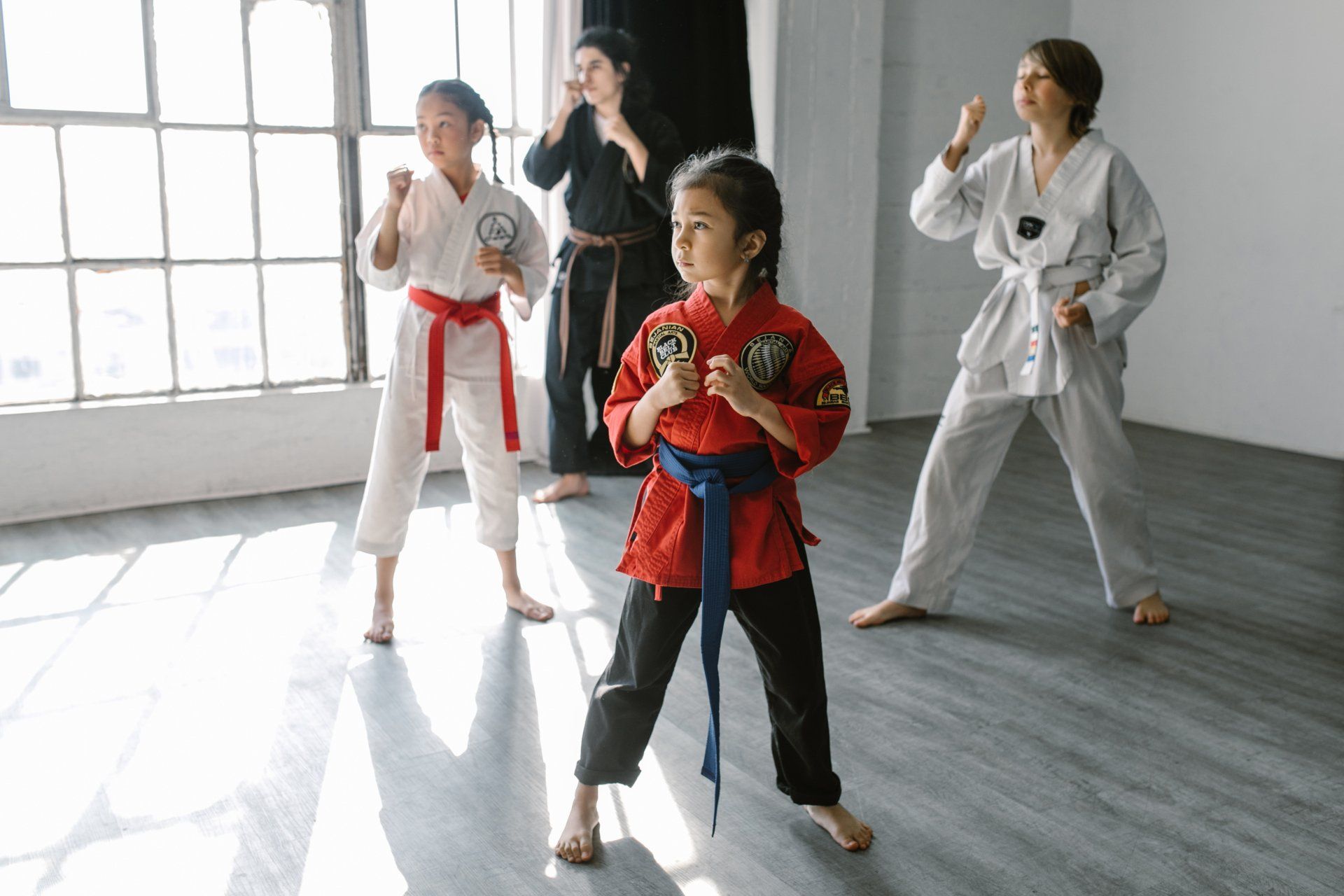
"In a recent pilot study conducted at the Riverside Youth Judo Club in California, researchers explored the potential benefits of judo on children with autism spectrum disorder (ASD). The study aimed to determine whether participating in judo could improve behavior and social skills in these children, who often struggle with communication difficulties and social deficits.
Twenty-four students with ASD and/or developmental disabilities took part in the study, with their parents providing consent for their involvement. The parents were asked to complete a study questionnaire that assessed their children's improvement across various categories, including behavior at home, eye contact, behavior at school, ability to share, social skills, and performance in school.
The results of the study questionnaire were promising, with 62.5% of parents reporting improvements in all six categories. The category that showed the most significant improvement was "Behavior at home," indicating positive changes in the children's behavior within their home environment. On the other hand, the category with the least improvement was "Eye contact," suggesting that this aspect remained challenging for most participants. Nevertheless, even in this category, 87.5% of parents reported at least a slight improvement.
Additionally, four participants underwent baseline and post-participation assessments using the Social Skills Improvement System Social-Emotional Learning Edition (SSIS-SEL). While the data indicated positive changes in most competencies measured, the small sample size prevented these changes from reaching statistical significance.
The findings of this pilot study suggest that participating in judo may have a positive impact on the behavior and social skills of children with ASD. Parents' responses and comments highlighted improvements in various areas, including physical activity, socialization, self-calming, and confidence. However, it is important to acknowledge the limitations of the study, such as the small sample size and the absence of validated assessment tools. Future research with larger sample sizes and rigorous methodologies will be necessary to further investigate the effects of judo on behavior and social skills in children with ASD.
Despite these limitations, the study underscores the potential of youth sports, like judo, in enhancing the quality of life for children with developmental or mental disabilities. By raising awareness about the effectiveness of such activities, it is hoped that long-term improvements in social and behavioral skills can be achieved for these children in multiple environments. Further research is needed to validate these findings and develop effective interventions that can benefit children with ASD and other developmental challenges."
Source:
Cureus, part of Springer Nature Group
"A Short Report on the Impact of Judo on Behaviors and Social Skills of Children With Autism Spectrum Disorder"
Authors: Blake S. Lockard, Marissa Dallara, Chasity O’Malley
